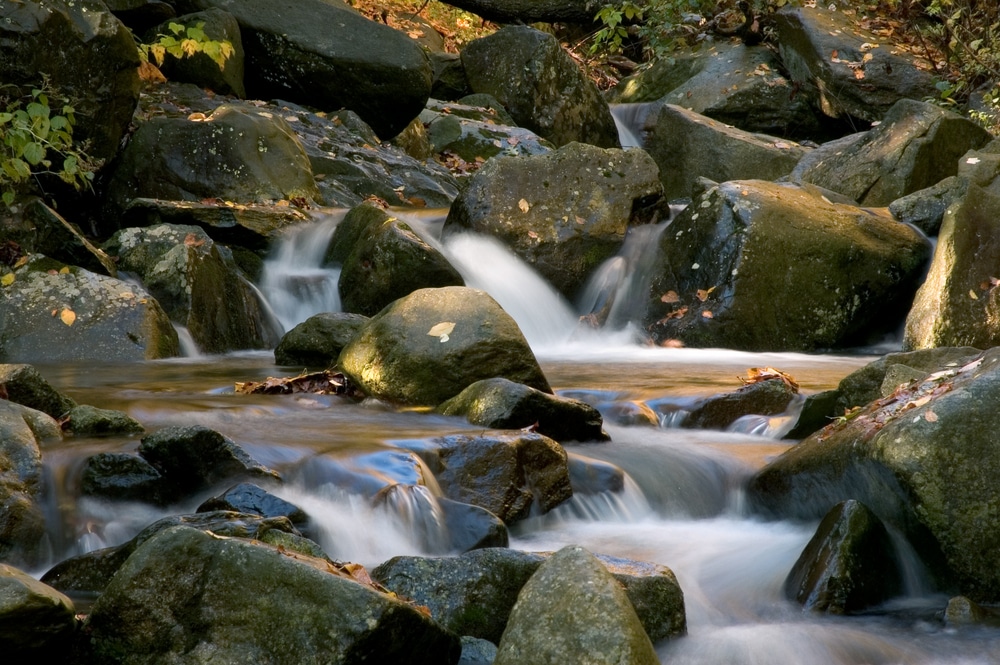For many Anchorage residents, well water is just a regular part of life. While there are many benefits to using well water, one of the downsides is hard water. As water travels through the ground, it picks up trace minerals as it goes. Here in Anchorage, our water contains more calcium and magnesium, which makes it hard.
Hard water does not raise any health concerns, but it does have some unpleasant effects on various items in our homes. For example soaps and detergents do not interact well with hard water, in fact, they do not dissolve completely. What doesn’t dissolve, forms a coagulated soap curd that sticks to clothes and skin. Have you seen little white spots on your dishes, shower, bathtub and more? That is residue left behind because the soap isn’t 100% dissolving. Having a water softener installed in your home can solve these issues.
How Does a Water Softener Work?
A water softener uses little resin beads to swap salt molecules for calcium and magnesium. To do this, hard water enters the water softener unit and flushes through a resin bed with the tiny beads. The salt molecules that cling to the resin attract the hard water minerals and then effectively exchange places. Soft water with a high salt content then flows out of the unit into your home. Over time, the beads become saturated with the minerals they are pulling from your water. When this occurs, the beads need to be refreshed with salt. This is accomplished with a brine tank that periodically flushes the water softener unit and recharges the beads with salt, and the minerals are flushed out of the house.

What Kind of Salt Should I Use in A Water Softener?
There are a variety of factors to consider when choosing the right salt for your water softener and it’s worth your attention. The right salt makes the difference between a smoothly running system and one headache after another. When looking for salt, consider these factors:
- Form: Typically you can find salt in pellets, crystal and block form. Most manufacturers recommend pellet form.
- Purity: As with most things, the purer the salt, the better. When the salt has a higher purity level, it will leave less residue in your storage or brine tank.
- Type: Rock salt is typically the cheapest of the types, however, is has more insoluble material that can mean your system has to regenerate more often (be flushed from the brine tank). Solar salt is produced by the evaporation of seawater and keeps your water cleaner and will not leave behind material that builds up in your water softener unit. Evaporated salt is refined and purified salt like table salt. Similar to solar salt, it is cleaner and will not leave behind insoluble material in your system. It is worth investing in the higher quality salt, it will improve the lifespan of your machine and reduce the maintenance hassles.
Water softeners are a real benefit to Anchorage homeowners. Having one installed in your home reduces the need for more frequent laundry loads by improving the washing capacity of your water per load. Pulling the minerals from your water will also cut down on the lime residue in your sinks, showers, and toilets.


